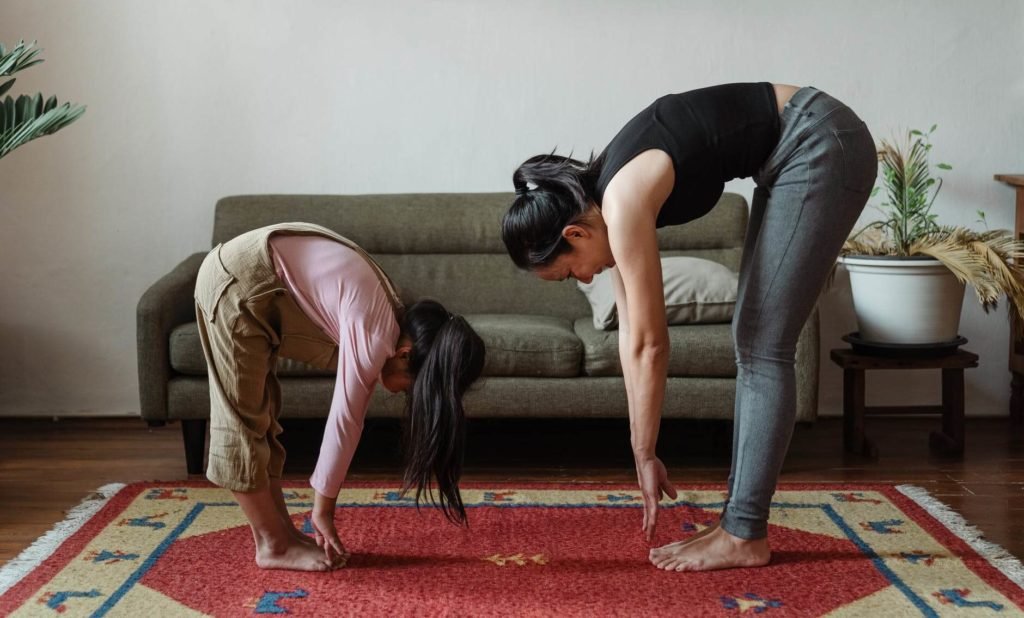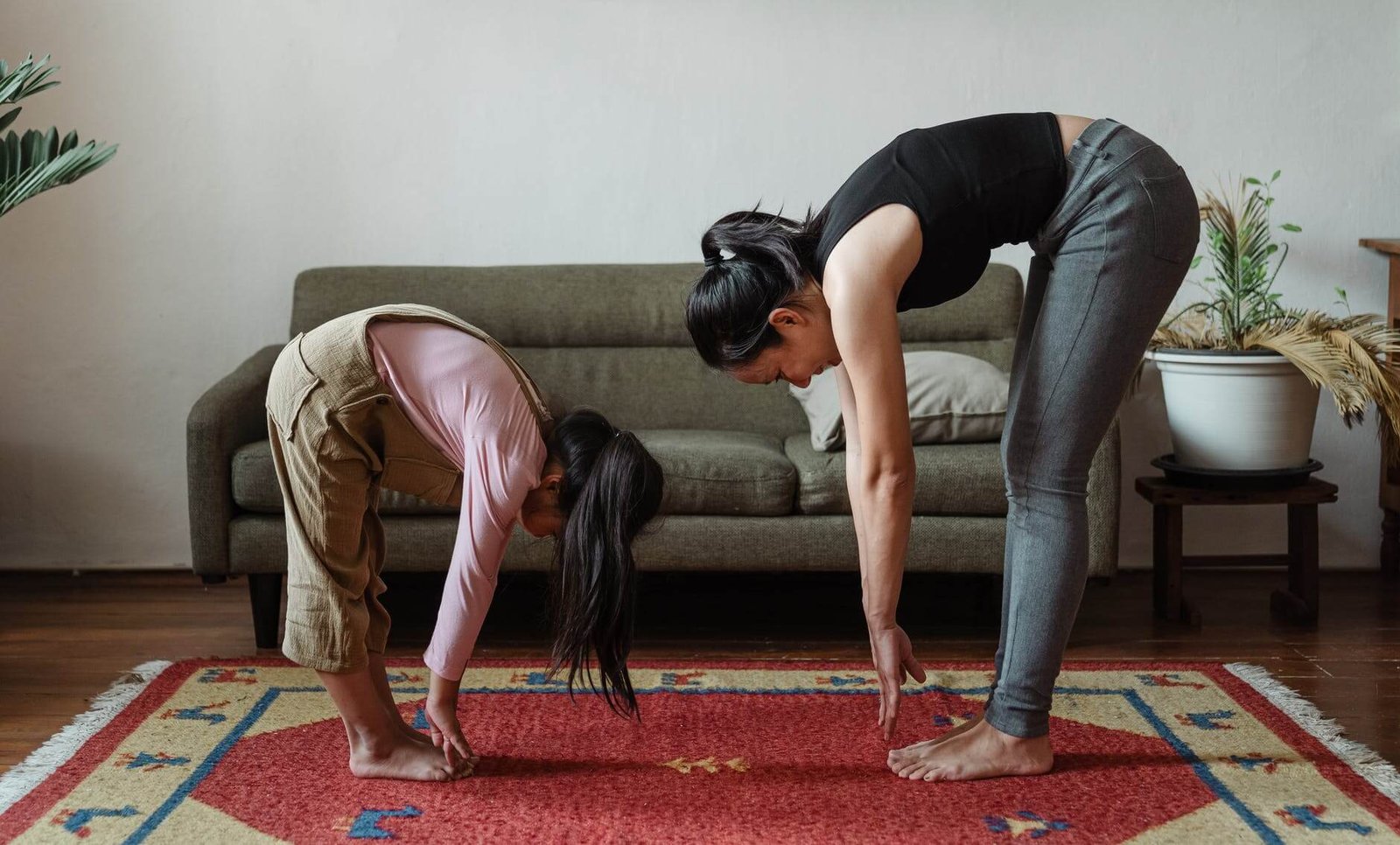Science demonstrates that physical activity helps us to feel better and avoid or slow down many conditions, such as cardiac disease, cancer, and dementia. It even gives us a longer life. Therefore, the US guidelines for physical activity and the American Heart Association recommend moderate physical activity for at least 150 minutes per week. For these reasons.
Now a study in the British Sports Medicine Journal shows that routine activities can help prevent serious illnesses for people who get COVID19.
Contents
Lower The Risk Of Severe COVID-19 By Doing Exercises?
The COVID19 pandemic is a huge global health crisis and a pandemic that has spread rapidly in recent times. Compared to previous pandemics the world has witnessed, the current COVID19 pandemic is now at the top of the list in terms of global coverage.

It is the first time that the whole world has been affected simultaneously and severely in a very short period of time. Initially, the death rate from COVID19 was around 2%, which has now grown to around 4-6%. The statistics don’t seem so bad, but the total number of cases and the rate at which these cases are increasing day by day make the situation alarming.
The exponential growth of COVID19 cases has led to the isolation of billions of people and a blockade around the world. COVID19 has affected the lives of almost everyone in the world. The difference between personal and professional life has narrowed due to work from home instructions and people’s lives revolve around these two due to the blockage.
Effects of no physical activity on the basic lifestyle
Although imposing a freeze or quarantine on the population has been one of the measures widely used around the world to stop the rapid spread of COVID19, it also has serious consequences. Recent multinational surveys have shown the negative effect of COVID19 restrictions on social participation, life satisfaction, mental well-being, psychosocial and emotional disorders, as well as sleep quality and work status.
The announcement, with the exception of a number of key services, that all services and activities were abruptly stopped by the authorities led to a radical change in the way people live and their minds are seriously impaired by their anxiety, stress, and depression. Sudden changes in people’s lifestyles include, but are not limited to, physical activities and exercise.
COVID19 home quarantine has decreased all kinds of physical activity in everyone’s life and the sitting time has increased around 28% in daily lifestyle with high consumption of unhealthy foods on a regular basis. Other researchers have also reported similar results.
While these abrupt changes affected every individual, many people who regularly followed their fitness activities in gyms, underground, or elsewhere before the blockade was intensely affected. The closure of fitness centers and public parks have forced people to stay at home, disrupting their daily routines and hampering their fitness activities.
While the constraint of staying at home for an extended period poses a challenge to the continuity of fitness, the experience of hampered physical activities, limited social communication, uncertainty, and helplessness lead to the emergence of psychological and physical health problems.
Psychological problems arise in adults while adjusting to their current lifestyle in accordance with fear of contracting COVID19 disease. However, the COVID19 pandemic can help to address effective coping strategies, psychological resources, and the regular practice of such problems.
Benefits of daily exercising and physical activities
- It is important not only to maintain physical and mental health and exercise.
- Exercising and physical activities also help our body react to the negative effects of different diseases such as diabetes, high blood pressure, cardiovascular diseases and respiratory diseases.
Of 31 published studies, physical inactivity is a major public health issue because of current pandemic constraints, and a major risk factor for lower life expectancy and many physical conditions.
The exercise showed that other physical functions (respiratory, circulatory, muscular, nervous, and skeletal) are still intact, and supported in the fight against known threats or unknown threats to our bodies by other systems (endocrine, digestive, immune, and renal systems). Regular physical activity is also seen as effective in combating the health effects of the COVID19 pandemic while taking other precautions.
